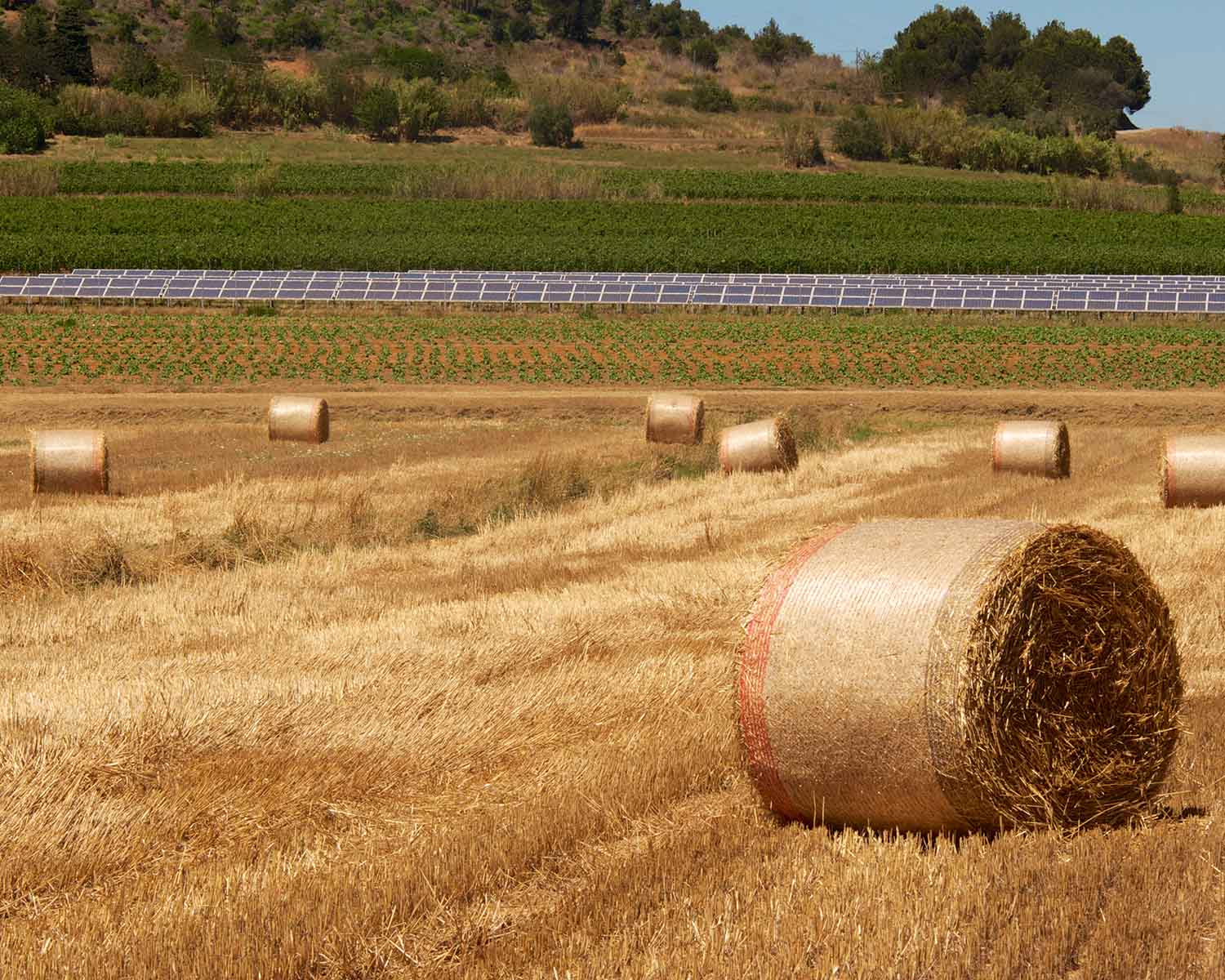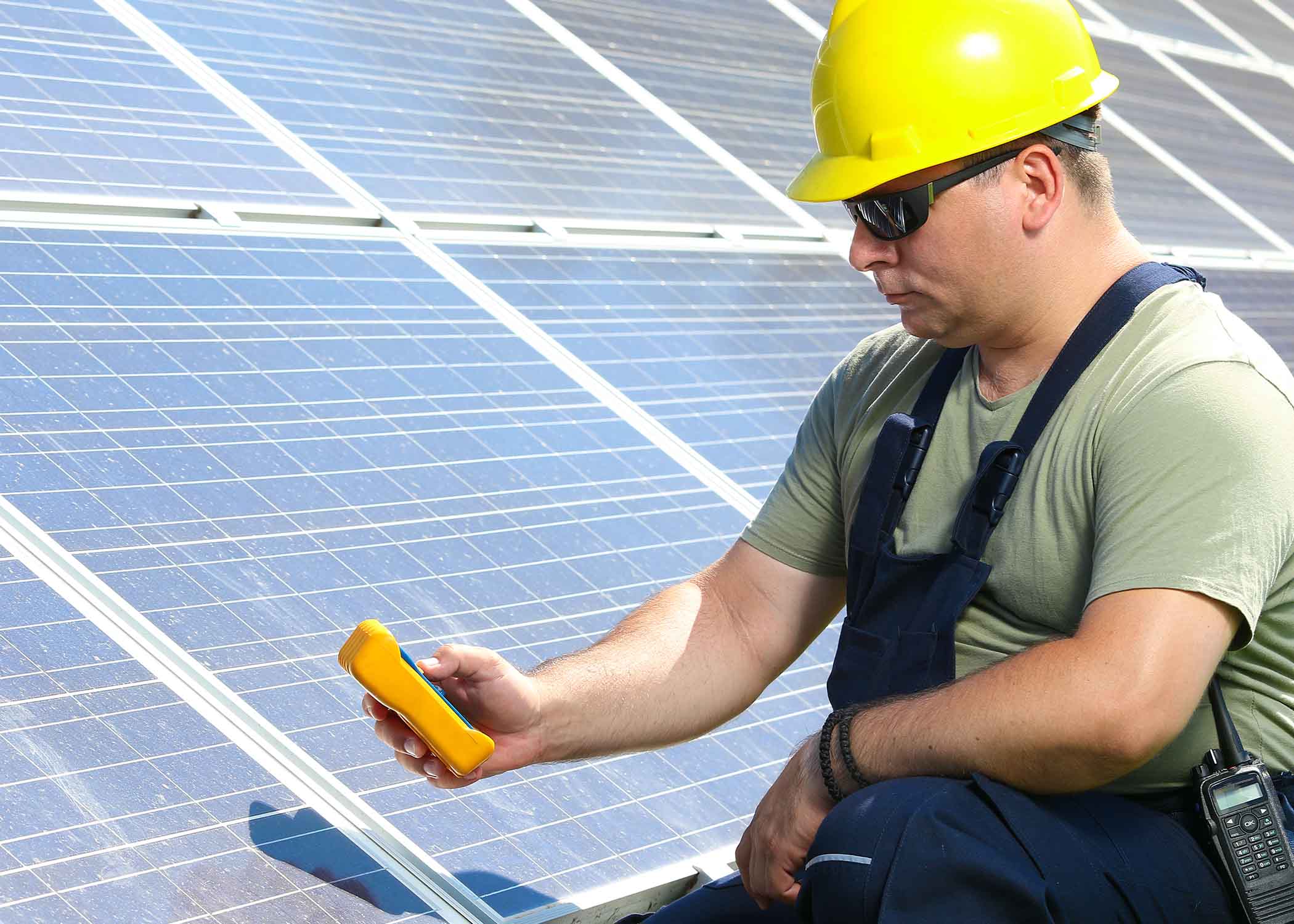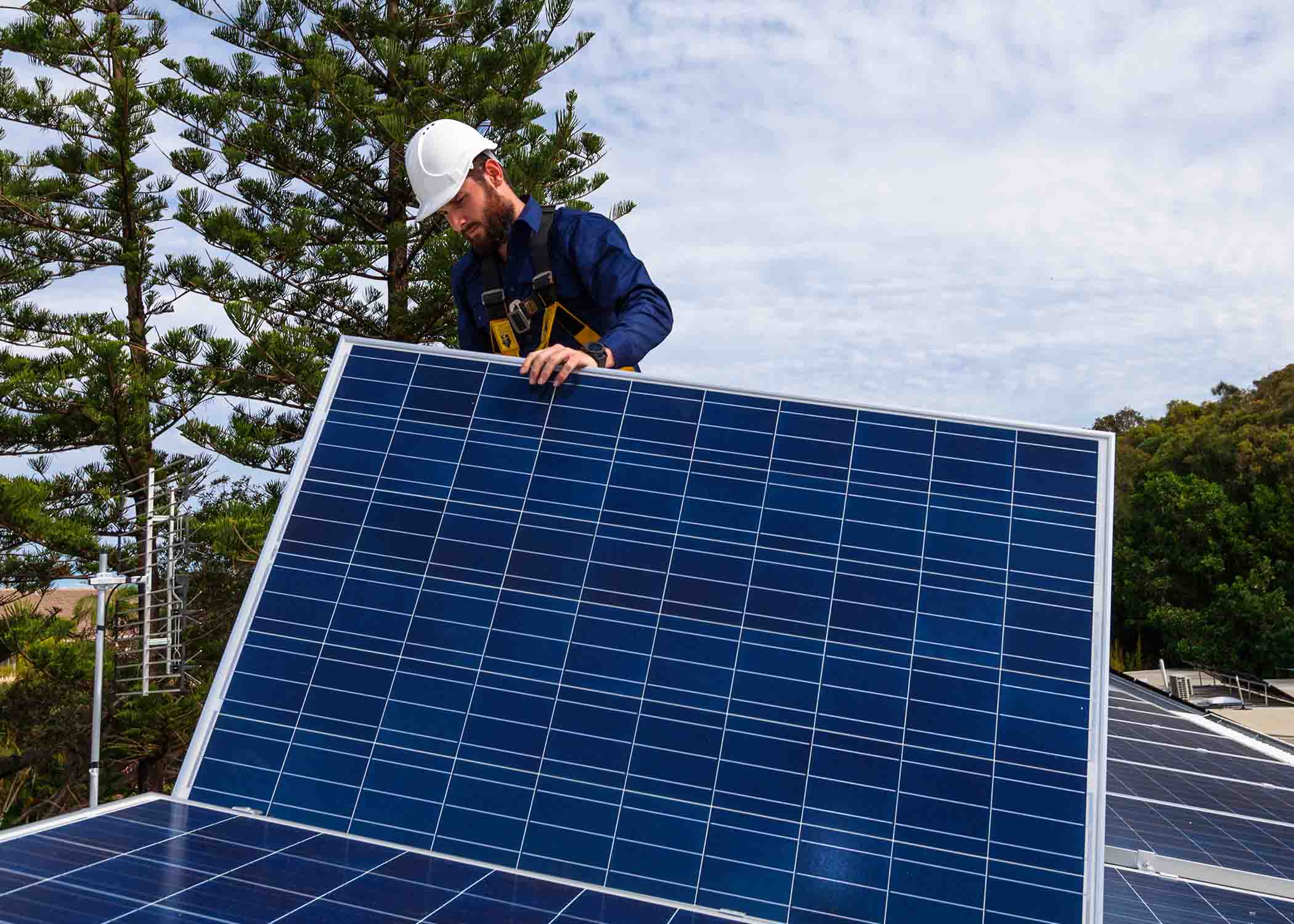If you’re a farmer or rancher, you can benefit from installing solar panels on your property in two different ways:
- Solar power can offset the energy needs of your operation
- Your land can be leased to an energy producer fir a second stream of income
However, there may be downsides to consider when determining whether to invest in solar panels or lease your land to an energy producer.
One issue is the effect solar panels have on crop prices.
Will Solar Energy Increase Crop Prices?
According to the US Department of Energy, there’s no evidence to suggest that solar panels affect crop prices, whether it be an increase or a decrease.
While this is good news for consumers, it may leave you wondering about solar’s benefits.
Although solar panels don’t directly influence crop prices, they can still be profitable.
For example, they can be installed on marginal lands that tend to be less productive rather than in growing areas.
How Can Solar Panels Help Increase Yields?
By installing the solar panels high enough off the ground to allow farm equipment to pass underneath, your can use your land for solar generation and growing crops.
While some crops won’t thrive under these conditions due to higher sunlight requirements, shade-tolerant plants do grow well.
They also require less water since solar panels prevent water evaporation.
If planting shade-tolerant crops isn’t possible, solar panel areas also pair well with pollinator habitats.
Pollination and other beneficial insect services not only help to increase agricultural yields on your property but on neighboring farms as well.
If the land isn’t used to harvest solar power and crops, soil rest can help make the land healthier and more productive.
Once your solar lease expires, or the panels are no longer useful, you can always revert your land to agricultural use.
Apart from Crop Prices, What Challenges May Farmers Face with Solar Panels?
One of the biggest challenges of installing solar panels is the upfront cost.
But there is good news.
If you purchase solar panels for your own use, tax breaks and other government incentives can offset the cost.
Another issue is the speculative nature of solar power – not knowing for sure what crop prices will do over the next two to three decades.
Nevertheless, with demand for solar power steadily increasing, more farmers are looking at solar leasing as a reliable secondary income source.
For those negatively impacted by recent trade wars, it’s been a lifeline.
Solar Power Your Way
While solar energy doesn’t appear to affect crop prices, it can offer other benefits.
If you want to learn more about solar power systems, contact us at Unbound Solar®!
We want to help you do it your way.



